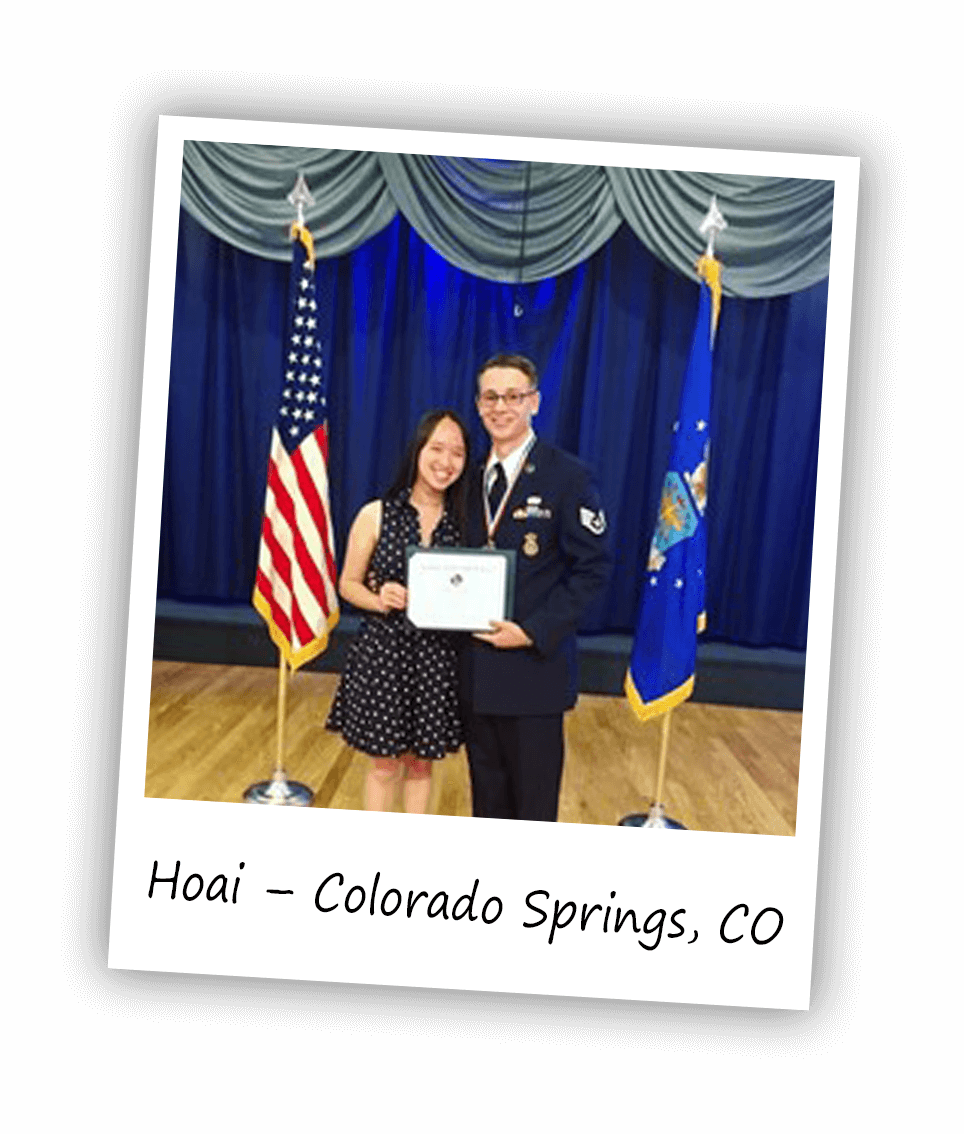Retirement – Begin Saving Early
Retirement – Begin Saving Early

When a military member retires after 20 or more years in service, it’s a big milestone. Most people don’t think about saving for retirement when they’re young, but if they start early, they’ll be thankful they did when they can retire without worrying about money.
My husband and I made the mistake of only thinking about retirement after he started advancing in rank. If he had started saving for retirement when he joined the military, he would’ve already had a significant amount saved up as well as chosen a better retirement plan that the military offered, but he had missed the opt-in period for the plan. My advice from our family’s mistake is to start thinking about retirement now and do your research on the right plan for you. Employers may even match what you put into your retirement fund like the military’s Blended Retirement System.
Your future self will thank you when you have a healthy retirement fund and aren’t stressing out about finances when you’re older.

MilSpouse Money
Mission Response:
Thank you for sharing your experience Hoai! The best time to start thinking about retirement is at the beginning of your career, but it is never too late to prepare. Check out our Plan to Retire and the Transition to Retirement Milestone resources to learn more. For many, especially those just getting started in their career, retirement can seem like a far-off idea that can be figured out later. However, retirement is one of the most expensive goals you will ever save for. The sooner you start saving, the better! This great video explains the importance of saving early and the cost of delay.
Milspouses, make sure you are making the most of your retirement savings too! Whether your spouse is covered under the Legacy Retirement System or Blended Retirement System, understand and take advantage of available features like the Thrift Savings Plan. If you are employed and have access to a workplace retirement account, such as a 401(k) plan, you can make automatic contributions directly from your pay. If you are not employed or a stay-at-home parent, you can contribute to an Individual Retirement Account (IRA).

